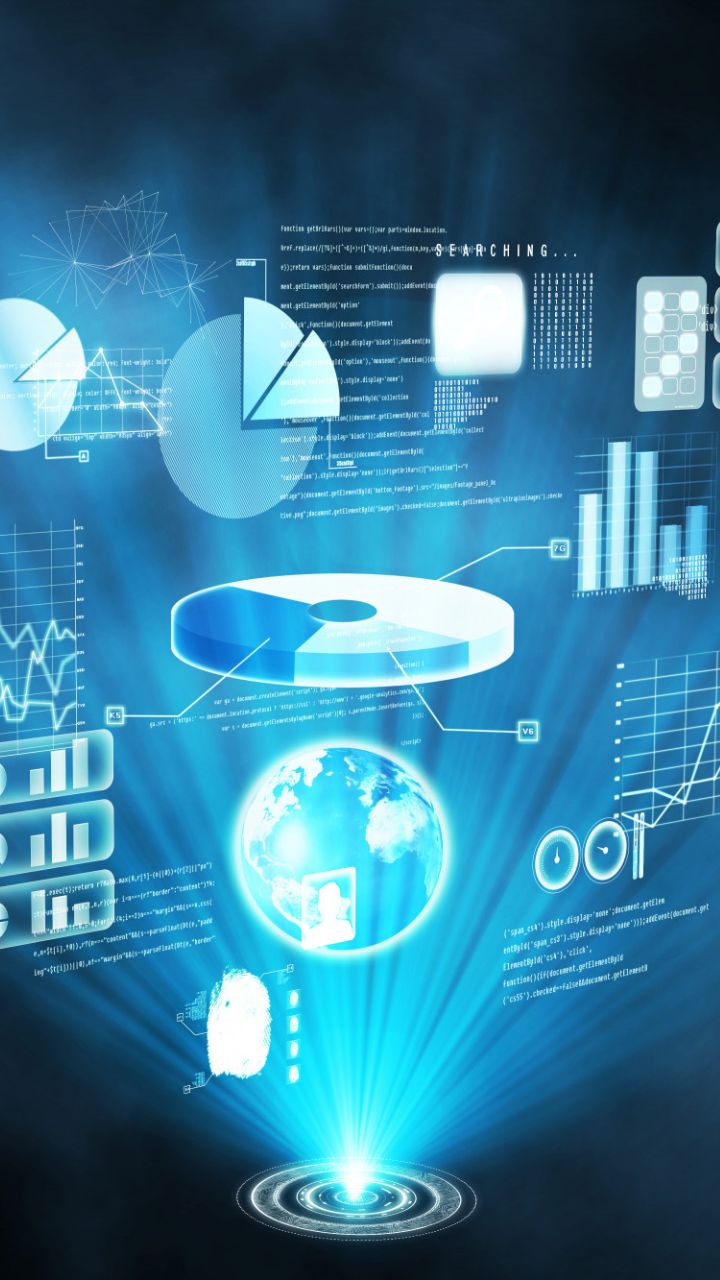Build a resilient Privacy Information Management System

Understanding ISO/IEC 27701
ISO/IEC 27701 was originally introduced as a privacy extension to ISO/IEC 27001, providing a structured approach to managing Personally Identifiable Information (PII). However, with a significant shift in privacy information management, after July 2025(depending upon the committee approval) onwards, ISO/IEC 27701 will be a standalone standard, independent of ISO/IEC 27001.
This transition reflects the growing complexity of global privacy regulations and the need for dedicated privacy governance frameworks beyond traditional information security controls.
ISO Services
Key Aspects of ISO/IEC 27701

Privacy Information Management System (PIMS)
ISO/IEC 27701 establishes a structured framework for managing personally identifiable information (PII). It defines governance policies, accountability measures, and operational controls to ensure data privacy while integrating seamlessly with broader information security management.

PII Controllers & PII Processors Responsibilities
The standard distinguishes between the roles of PII controllers and PII processors, specifying their obligations in handling, storing, and transferring personal data. It ensures organisations implement appropriate safeguards based on their role in the data processing ecosystem.

Company Privacy Risk and Impact Assessments
A risk-based approach requires organisations to conduct Privacy Impact Assessments (PIA) and Data Protection Impact Assessments (DPIA) to evaluate potential threats to PII security. This helps in proactively mitigating privacy risks and ensuring compliance with regulatory obligations.

Global Regulatory Alignment & Compliance
ISO/IEC 27701 maps to major privacy laws such as GDPR, CCPA, LGPD, and PDPA, helping organisations demonstrate compliance with legal and contractual privacy requirements. This alignment reduces regulatory exposure and strengthens data protection practices.
Certification, Simplified
Our process ensures that your organisation’s management system meets international standards while aligning with your business objectives.
Who Needs ISO/IEC 27701 Certification?
Organisations that collect, process, or store Personally Identifiable Information (PII) can benefit from ISO/IEC 27701 certification.

01
Technology & Cloud Service Providers – Implement zero-trust architecture, & comply with regulatory frameworks.

02
Financial Services & FinTech – Protect cardholder data, prevent fraud, and meet SWIFT CSP, PCI DSS, and GDPR requirements.

03
E-commerce & Retail – Mitigate risks of phishing, payment fraud, and data breaches with robust cybersecurity controls.

04
Government & Public Sector Cybersecurity Solutions – Defend against nation-state threats, & ensure compliance with NIST 800-53, FedRAMP, & others.

05
Healthcare & Pharmaceuticals – Ensure electronic health records (EHR) security. Securing critical infrastructures & operational excellence.

06
Professional Services (Legal, Consulting, Accounting) – Protect client confidentiality, secure sensitive documents, and maintain trust with professional integrity.
FAQs
Is ISO/IEC 27701 still dependent on ISO/IEC 27001?
At the moment ISO/IEC 27701 is an extension to ISO/IEC 27001 however once the latest version is released in 2025, it will become a standalone certification which will no longer be tied to ISO/IEC 27001 certification.
How does ISO/IEC 27701 support GDPR compliance?
The standard aligns with GDPR principles such as lawfulness, transparency, data minimisation, and accountability. However, it does not replace legal GDPR certification but provides a structured approach to demonstrate compliance.
What is the difference between a PII Controller and a PII Processor under ISO/IEC 27701?
A PII Controller defines the purpose and means of personal data processing, while a PII Processor processes personal data on behalf of the controller.
How long does ISO/IEC 27701 certification take?
The timeframe depends on the organisation’s size, complexity, and existing privacy governance measures, typically ranging from 6 to 12 months.
What is the certification validity period?
ISO/IEC 27701 certification remains valid for three years, subject to annual surveillance audits to ensure continued compliance.